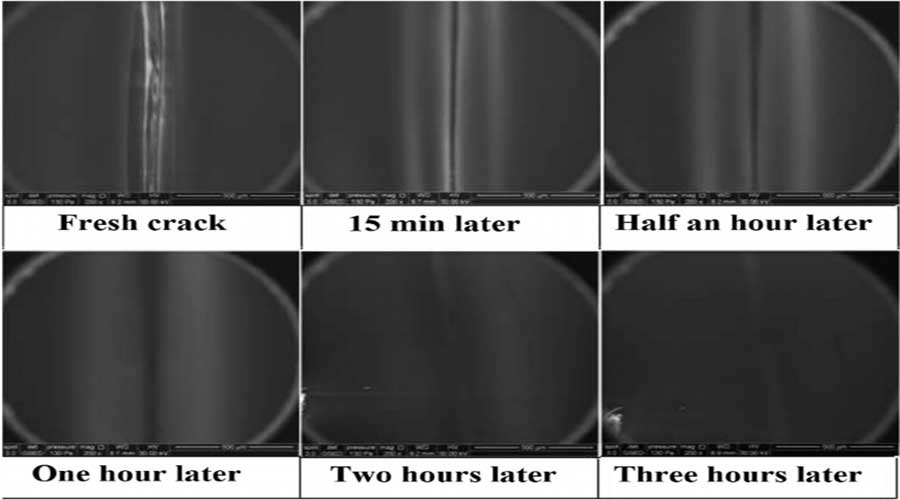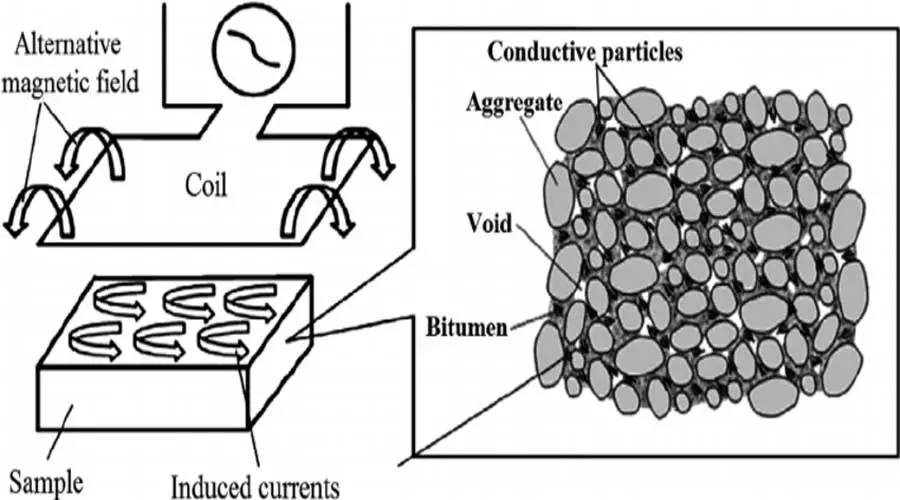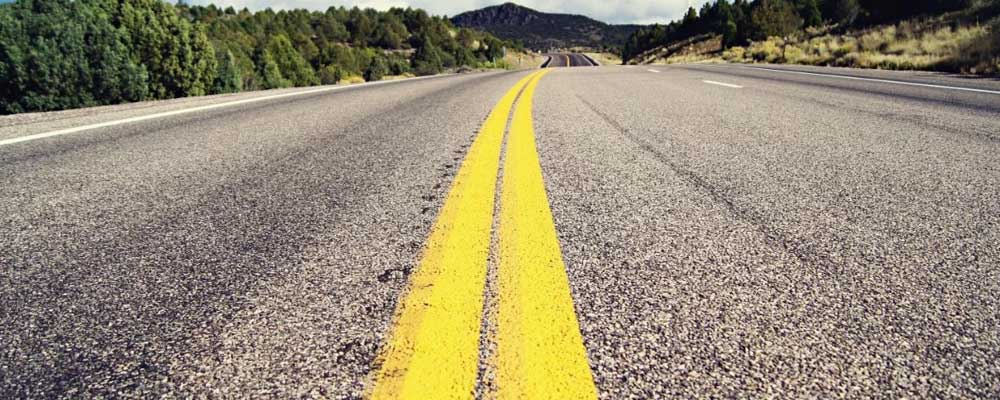Self repairing roads are the need of India’s dreadful road infrastructure:
Netherlands, a small country in Europe, is working on self repairing roads. The scientific community in the Netherlands is working on the universal problem of fixing potholes. In a country like India, we can simply say that it is the need of the hour.

In India, there is increase in the number of fatalities due to potholes. The majority of accidents are happening only due to poor road infrastructure. Misappropriation and mismanagement of resources are some other problems associated with falling road infrastructure.
Self repairing roads may be the cure. These roads can increase the life span of the road. As a result, the expenditure on road infrastructure can be reduced drastically. Hence, we will get good roads with less to almost no maintenance.
Generally the roads consist of two materials; asphalt and concrete. The scientists are working on same materials by changing properties of these materials. Large amounts of roads worldwide are built on these two materials and working on these materials will save millions of dollars.
How self repairing roads work?
Eric Schlangen, a material scientist at Delft University in The Netherlands, is working on self healing asphalt. His asphalt can heal itself when cracked by external forces. He added small steel fibres in asphalt, making it conductive. When external heat is applied by an induction machine, the asphalt and steel fibres also heat up. As a result, the cracks heal themselves.

This technology is in nascent stage as it is not entirely self healing. We still need an external induction source like a large magnet. But, similar conditions could be achieved thru’ the sun. With further development in materials, the countries having better sunshine may implement this technology.
The cost associated with materials is almost 25% more, but it can simply double the life span of roads. Normal asphalt roads can last up to 10 years. 12 different roads are self healing in the Netherlands and operating since 2010. Those are still in good condition and they will start to show results from 2020.
Future of self repairing roads:
Furthermore, self healing roads are conductive and in the upcoming years, the electric cars may charge on the go. So, there are multiple applications of the same technology.
In addition, a lot of work is going on in concrete technology. The Ready Mix Concrete Research and Education Foundation is working on self healing concrete. One of the ways of manufacturing self healing concrete is by adding special bacteria’s to concrete.
When the concrete cracks, it exposes inner steel to outer atmosphere. Ultimately, this causes rusting. So, we need to add something in the cracks, so that outer air will not come in contact with inner steel. The bacteria lives inside concrete and produces calcium carbonate that helps in healing up cracks. Bacteria utilized in the experiment is not harmful to humans, hence can be utilized in concrete roads and building as well.
In conclusion, material science is moving forward in building self healing concrete and asphalt; leading to self repairing roads.
Image Source: University of Granada via Research Gate.
Source: Verge
Read more: Wattway: The world’s first solar road built in France >>
